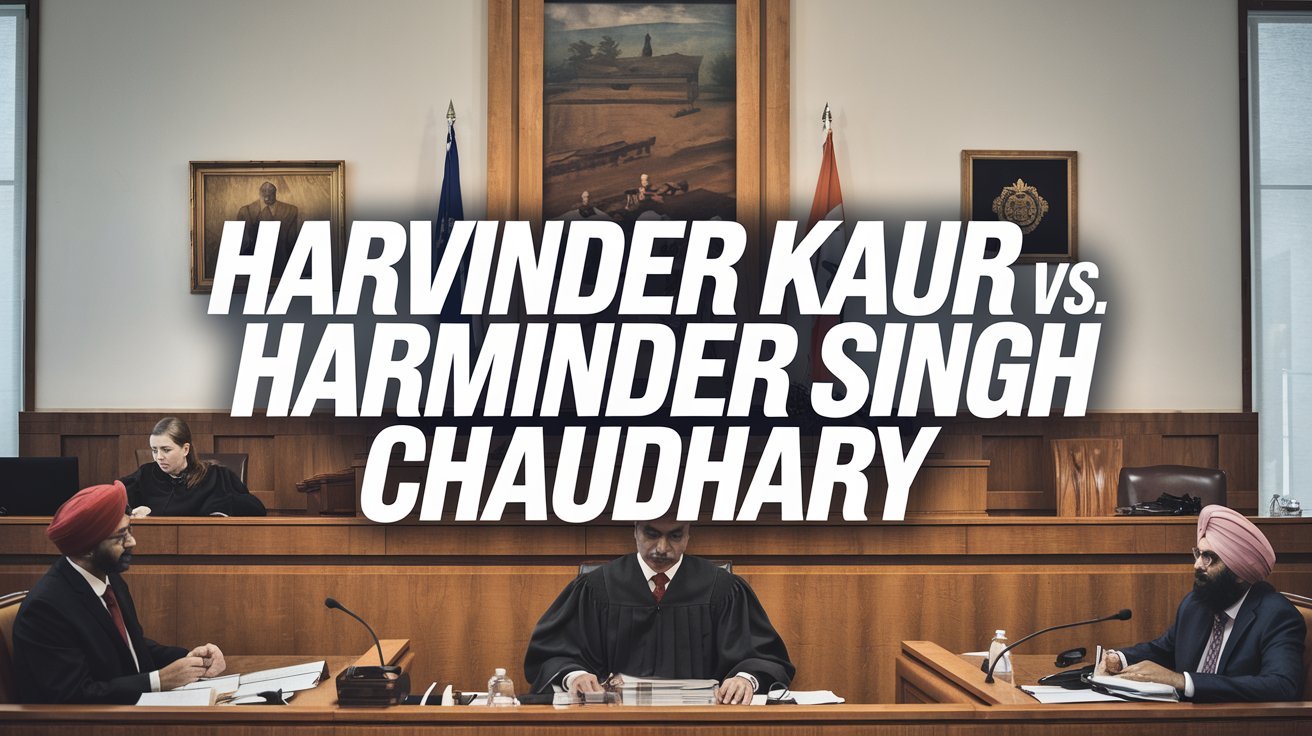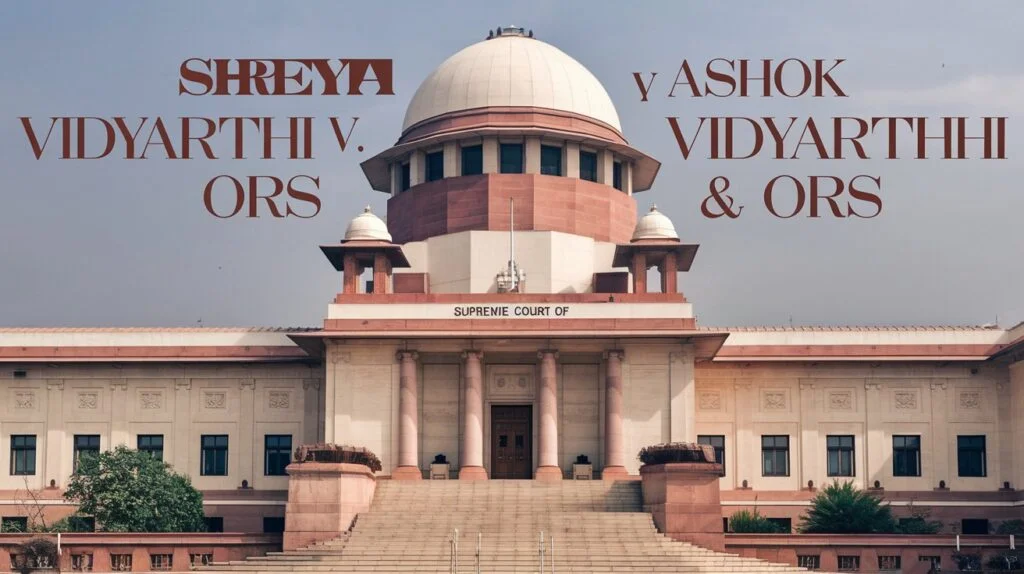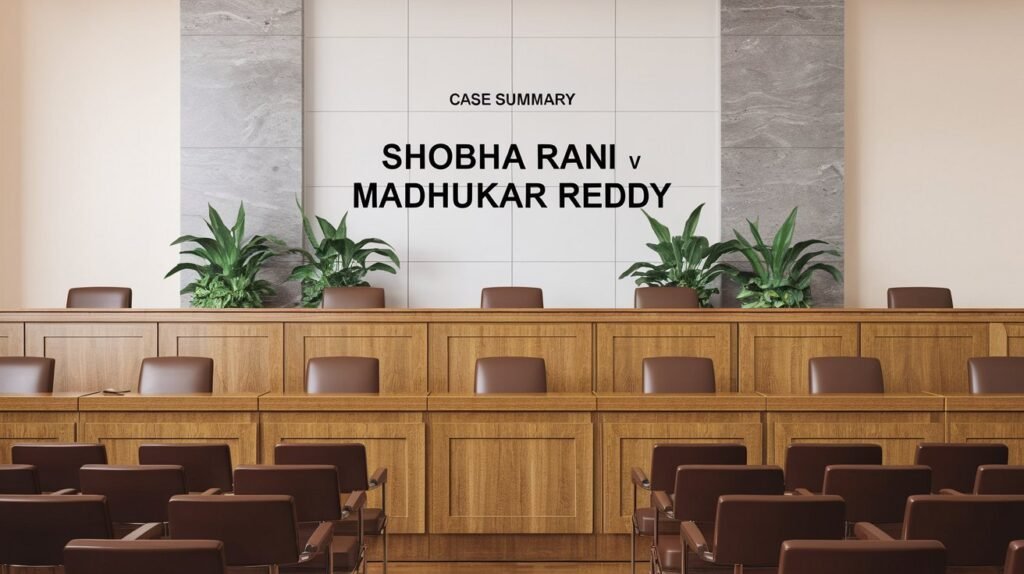Harvinder Kaur vs. Harminder Singh Chaudhary AIR 1984 Delhi 66 (Case Summary)

In the landmark case of Delhi High Court challenges the roots of a matrimonial relationship. It dealt with the issues related to matrimonial disputes, focusing on the interplay between personal laws and constitutional rights. The Delhi High Court addressed the validity of an annulment of marriage under the Hindu Marriage Act, 1955.It reaffirmed the constitutional validity of Section 9 of the Hindu Marriage Act, 1955, as a tool to preserve the sanctity of marriage.
Table of Contents
ToggleFacts of Harvinder Kaur v Harminder Singh Chaudhary
- Harvinder Kaur and Harminder Singh Chaudhary were married under sikh customs.
- The wife filed a petition for restitution of conjugal rights under Section 9 of the Hindu Marriage Act 1955, which sought to bring her husband back to cohabitation.
- The Husband challenged the constitutional validity of Section 9 of the Hindu Marriage Act 1955 on the grounds that it violated Article 14 and Article 21 of the Constitution.
- The primary contention was that forcing a spouse to cohabit infringed on the right to personal liberty and equality.
Issues framed
- Whether Section 9 of the Hindu Marriage Act, 1955, which provides for restitution of conjugal rights, violated fundamental rights under Articles 14 and 21 of the Constitution?
- Whether the decree of restitution of conjugal rights was enforceable under the legal and constitutional framework?
Subordinate Court Judgment
The trial court ruled in favor of Husband and granted him a decree of restitution of Conjugal Rights. The wife opposed and appealed in the higher court.
Judgment of Harvinder Kaur v Harminder Singh Chaudhary
The case centered around the interpretation of Section 9 of the Hindu Marriage Act, 1955, and its alignment with Articles 14 and 21 of the Constitution.
The Delhi High Court, exercising its power of judicial review under Article 14 of the Indian Constitution, examined the constitutional validity of Section 9 of the Hindu Marriage Act, 1955. The challenge was based on the argument that Section 9, which allows for the restitution of conjugal rights, violated the fundamental rights to equality and personal liberty under Articles 14 and 21 of the Constitution.
The Delhi High Court dismissed the constitutional challenge, stating that Section 9 of the Hindu Marriage Act serves a legitimate social purpose and does not infringe on the fundamental rights of equality or personal liberty. The Court held that the decree of restitution of conjugal rights is valid under Indian law and does not violate constitutional principles.





